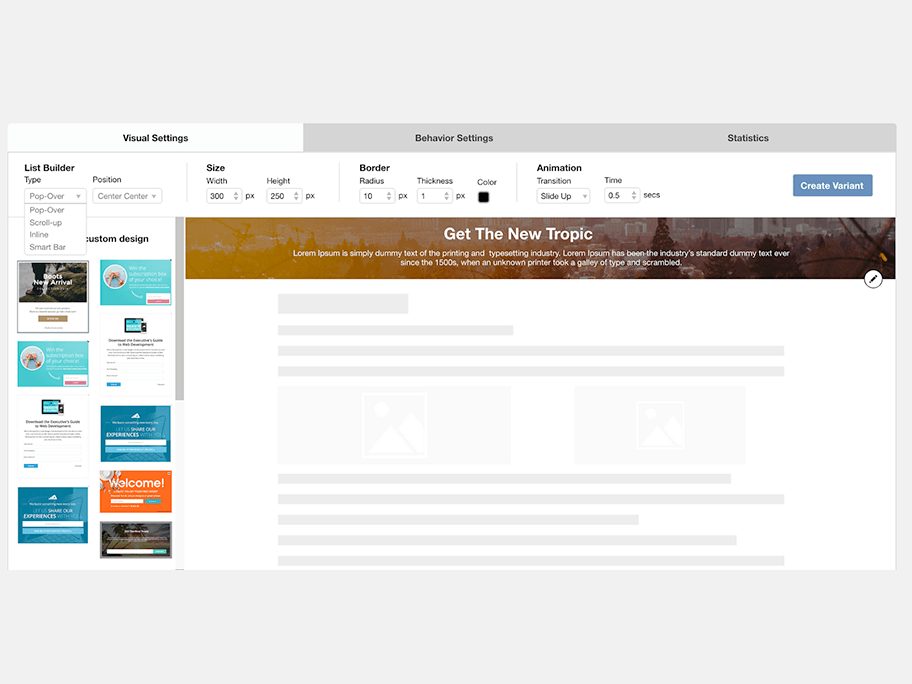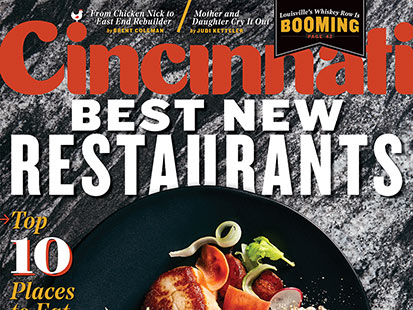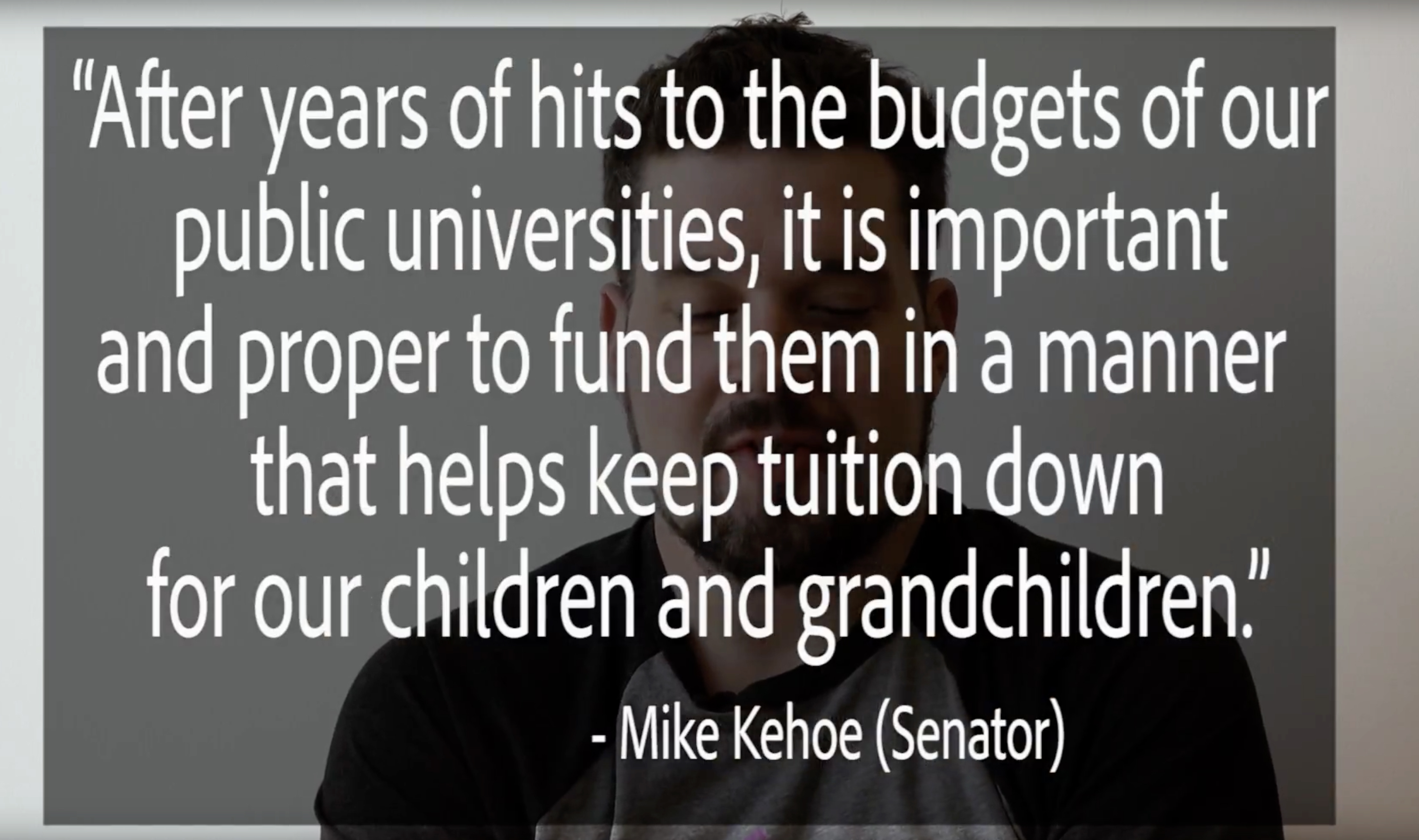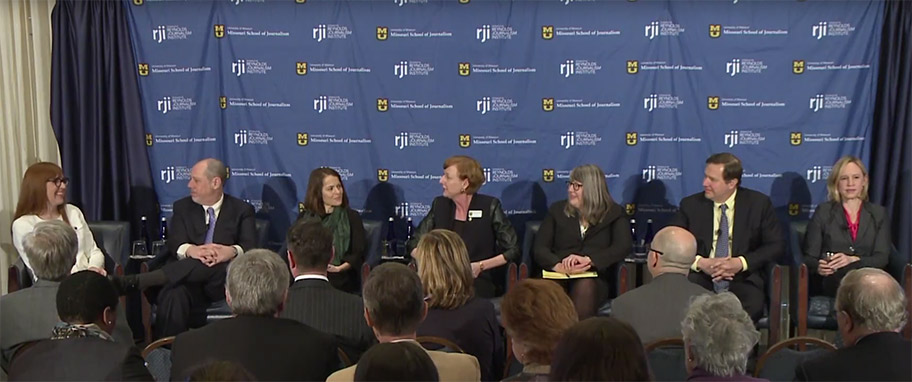
Search Results for results
Rebranding for news organizations, how and why?
We speak with a marketing expert on how newsrooms can employ a third party to research their community and rebrand successfully.
Newspaper adds a sunset to searching police public records
“Please take my story down.”
Don’t be afraid to tell your readers your journalism is valuable
The Trusting News project, staffed by Joy Mayer and Lynn Walsh, is designed to demystify the issue of trust in journalism. They research how people decide what news is credible, then turn that knowledge into actionable strategies for journalists. The project is funded by the Reynolds Journalism Institute, the Knight Foundation and Democracy Fund.
Earn trust by sharing what motivates your journalism
Originally published on Medium Journalists, we need to talk more about the “why” of what we do. What does the profession exist to do? Who do we serve? Why are we doing this story or covering this issue? These questions do not have simple answers, of course. We’re motivated to different degrees by a variety … Continued
Making it easier for small publishers to bolster their subscriber base
As an RJI institutional fellowship managed by Rebekah Monson, WhereBy.Us is partnering with the Institute for Non-Profit News and the Information Experience Lab at the University of Missouri to build-out an open source app that helps small publishers grow our subscriber lists. Our new UX developer lead, Michael Schofield, is overseeing the design and development phases of the project, and has written the following update to share what we’re learning from user testing prototypes and how that’s affecting what we’re making now.
Fellowship program embeds top performing students in top newsrooms across the country
News organizations gain access to ‘innovative, tech-savvy journalism students’
When crafting your social media strategy, watch out for the curveball
Hannah Sandfield, Taylor Banks and Drew Matheiu Everything seemed to be going along quite nicely with our project to create a social media strategy for the monthly Cincinnati magazine, until it wasn’t. We then compiled research on Cincinnati Magazine’s competition and best-in-breed other city magazines, and on the social media platforms themselves and how to … Continued
New research indicates tight meters have won the pay model war for news websites
As the search for effective revenue models for online news sources continues, many websites have kept their content free. Newspapers, however, have erected a variety of pay models, including a variety of metered models. When newspapers first went online, the generally accepted wisdom of the time was that their content had to be free. It … Continued
Fact-checking: What’s true and false? Columbia weighs in
We interviewed residents in Columbia, Missouri, to see which claims they felt were true or false before we showed them the results of our fact-checking. Does the public feel that fact-checking websites are useful? Watch and see. And explore our fact-checker files in GitHub. In our expert segment, we speak with Angie Holan, editor of PolitiFact, about her work and advice … Continued
Understanding the First Amendment in an era of ‘fake news’ and Facebook
WASHINGTON — How should a 230-year-old document be applied in the digital age? This was the question presented before a panel of legal experts at the 2018 Hurley-Sloan Symposium, held April 6 at the National Press Club. Lyrissa Lidsky, dean of the University of Missouri School of Law, moderated the discussion. The event, titled “Truth, … Continued









